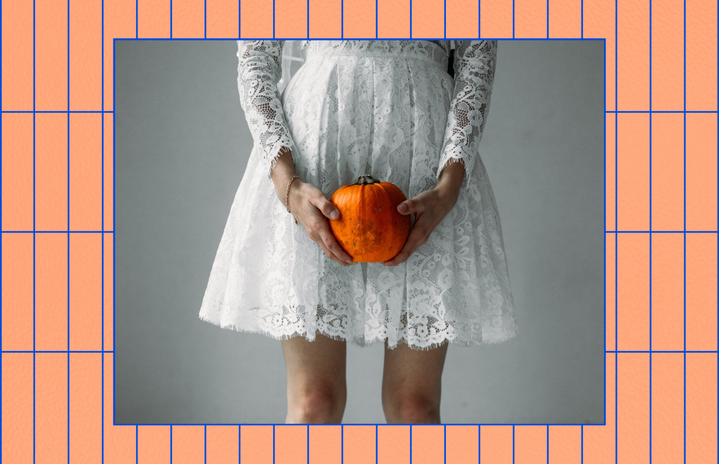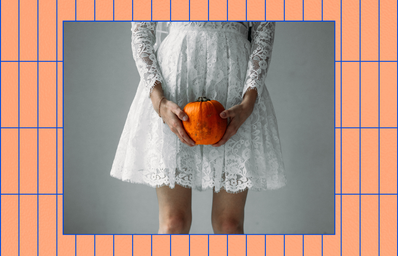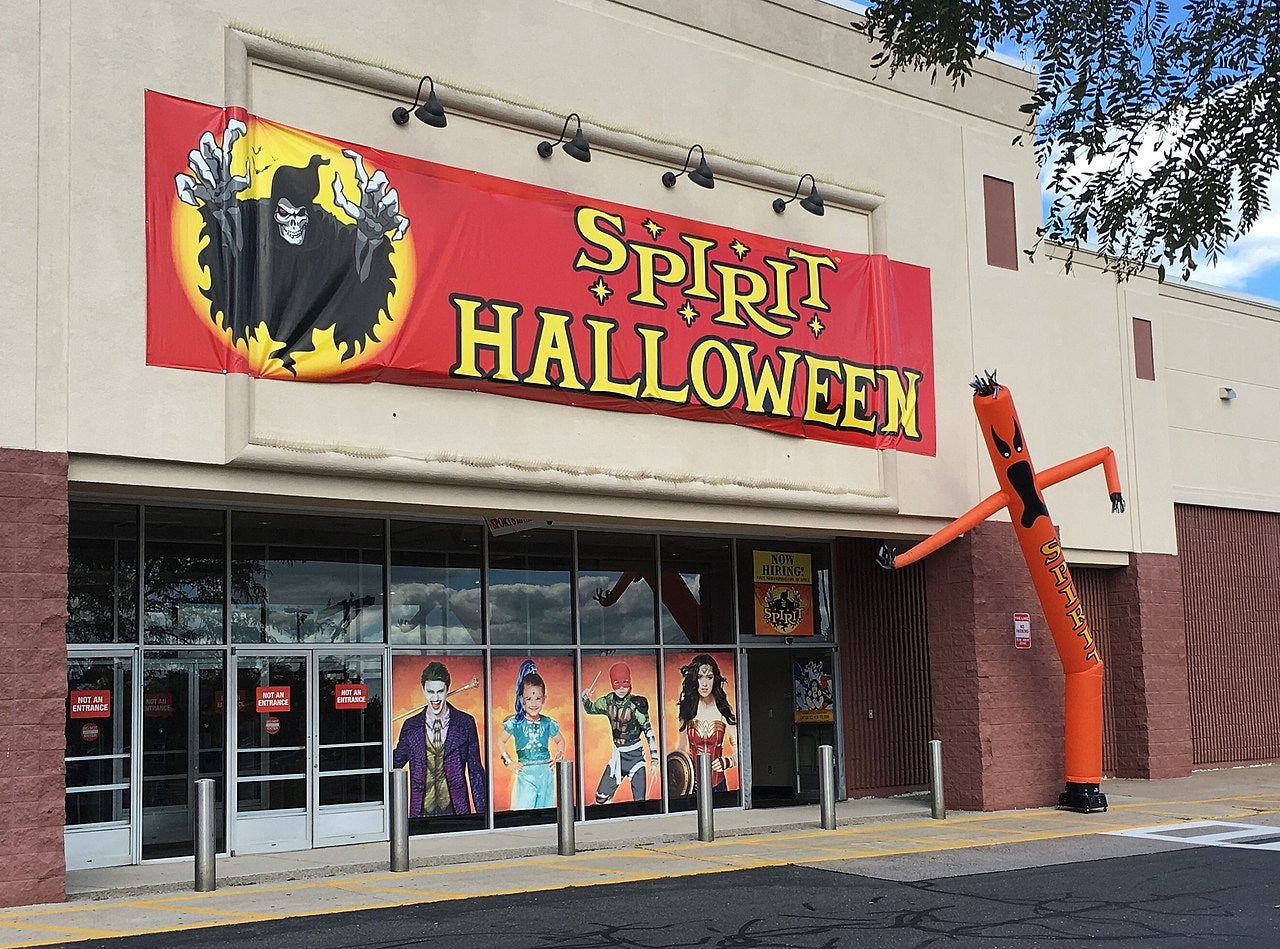As a university student, for the length of the week leading up to Halloween you are expected to dress up in costume for every night out. One thing I’ve noticed is the majority of these costumes will fit into 2 categories: funny or sexy. Another thing I’ve noticed is, on average, you’re more likely to see a man go for category one and a woman go for category two. So, what is it that makes sexy Halloween costumes so popular amongst women? Is it an active choice to take their sexuality into their own hands or is it a passive submission to the pressure put on women to show skin?
I posted a poll asking this very question: 68% of voters said sexy halloween costumes are empowering while 32% said they are objectifying. Although the majority voted for empowering, there were still a significant portion that voted for objectifying, making this a debate worthy of consideration. So, let’s delve into what I see as the difference between objectifying and empowering Halloween costumes.
According to a study by The Independent, 55% of men believed “the more revealing the clothes a woman wears, the more likely it is that she will be harassed or assaulted.” This statistic sheds light on the patriarchal interpretation of ‘sexiness’: for a woman to be sexy she must be showing skin, and if she is doing so it must be because she is inviting a man to look at her body or assume some physical right over it. This prioritisation of the male gaze translates seamlessly to Halloween costumes as well; it’s a holiday where you can be anything you want to be, and of course, men assume women want to first and foremost be desired by them. In turn, 90% of women’s Halloween costumes found on the rack are stereotypically ‘sexy’, while only 11% of men’s are.
So surely by going as something ‘sexy’ on Halloween a woman is simply perpetuating this prioritisation of the male gaze by conforming to the objectification of the female body?
Yes and no.
Let’s start with no. This is where the fundamental difference between objectifying and empowering Halloween costumes comes in: the pressure to dress sexy versus the choice to dress sexy. The sexualisation of Halloween costumes should be a choice made solely by the person wearing the costume, and when it is not, this is an example of objectification. The lack of choice in stores for what women can dress up as is objectification. The peer pressure put on women to dress revealingly, and the view of those who don’t do so as less attractive than the rest is objectification. The sea of pictures of solely half-naked women that pops up when you Google female Halloween costume ideas is objectification.
However, the slut-shaming of women who choose to dress sexy on Halloween because it makes them feel confident is not exactly feminist either.
Dressing up as a cat in skin-tight latex, or a vampire in a corset and a mini skirt can be just as empowering as dressing up as a Teletubby in a head-to-toe fluffy onesie, or a clown in a mask and balloon trousers.Empowerment comes with autonomy. What makes a woman feel good about herself is completely unique to each and every woman. This might mean showing some skin for many women, while for others it may mean showing off her sense of humour, or her SFX makeup skills.The empowering aspect of each of these choices is that the women are given the power to decide for themselves how to dress, in whatever way makes them feel best about themselves.
But what about women who don’t dress in sexy costumes for themselves, but do it specifically with the intention of getting men’s attention? I’m sure a lot of us have been there. Does that make us bad women? Are we not feminists because we are actively choosing to objectify ourselves?
“Halloween is the one day a year when a girl can dress up like a total slut and no other girls can say anything else about it”
Mean Girls
Well, that’s where the yes to my earlier question comes in. Yes, women may be objectifying themselves by dressing for a man. But does that have to be such a bad thing? Dressing in lingerie on a night out with the intention of getting a guy’s attention in the club does not make you a bad feminist, it makes you human. If a man dressed up as a shirtless firefighter the first thought people would have is not whether or not he is objectifying himself, it would be that he looks hot. If a woman looks for validation in the same way, however, she is weak or insecure or a slut. Wanting to look hot does not make a woman a victim of the patriarchy, and it does not have to evoke some grand statement in relation to gender politics. Both men and women do things to seem more attractive to each other, and that’s not a crime for either of them.
I think the answer to this debate is that sexy Halloween costumes can be both empowering and objectifying, as well as neither of the two. Is dressing sexy on Halloween a milestone action in the feminist movement? No. Does choosing to dress for the male gaze make you a slut or less strong as a woman? No. As long as a woman is choosing to dress sexy because she wants to rather than because she feels forced to, then I think whether she is doing it for empowering or objectifying personal reasons causes no real harm either way.



